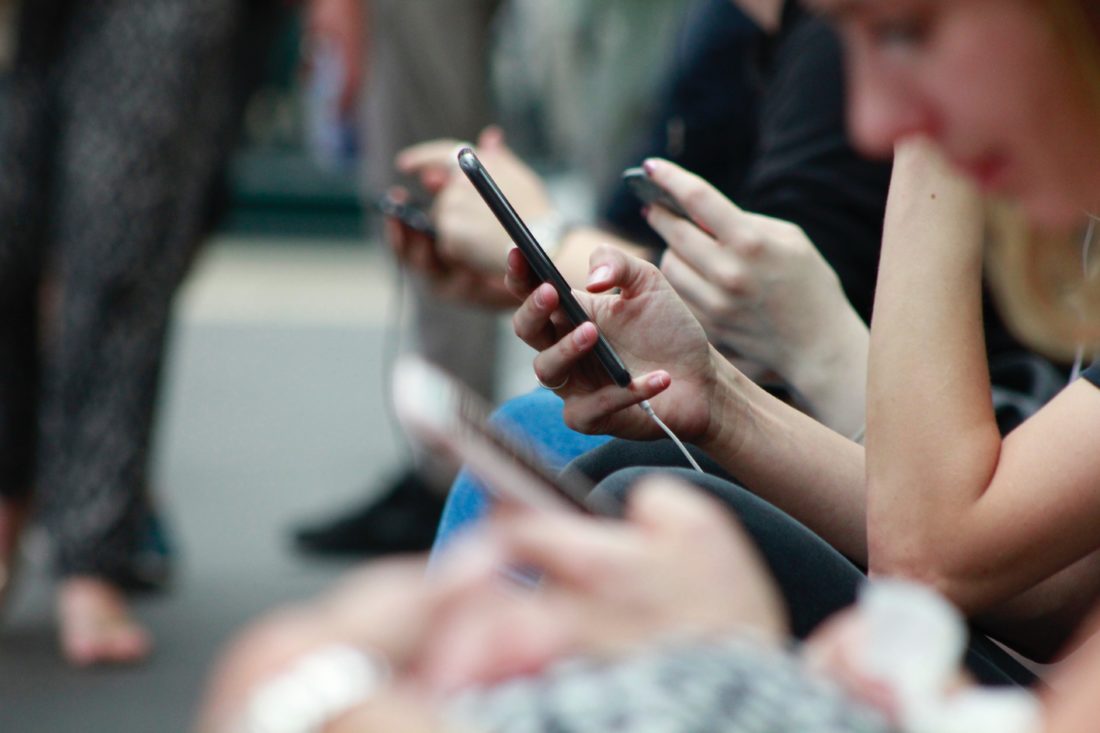
A world without smartphones only a decade away?
Since their revolutionary inception, smartphone brands like Apple and Samsung deploy a seemingly unending line of new-but-not-too-revolutionary smartphones ready for hungry techies to snap up.
There’s no denying their usefulness—talk with anybody, anywhere, take photos and videos of adventures and have access to apps like Facebook and Twitter, read the news on the go and play games. It seems difficult, then, to imagine a world without smartphones, but that’s what the experts are predicting.
Why would we drop the smartphone?
Every technology has its day. When the desktop arrived, it acted as a central hub for our online goings-on, physically and digitally. The smartphone took this and made it fit into our pockets, so what’s the issue?
As the leading players in the game show, smartphone innovation has slowed: both the invention and implementation of new things become increasingly more complex as time goes on. The latest smartphones come with built-in virtual assistant. Nothing new here, except experts suggest this will become a focal point. Samsung promised that its VR assistant will soon let you control everything with just your voice.
That said, having to speak with a virtual assistant becomes an issue when you’re unable to, or in a public space.
The alternative
Negativity about our ‘screen time’ – the amount of time we spend looking at a screen such as a phone, TV, tablet, or a desktop at work – is fuelling a search for an alternative.
The usual suspects are virtual reality (VR) and augmented reality (AR). Alex Kipman, Microsoft chief inventor of HoloLens, told Business Insider that these devices could “replace your phones, TVs, and all these screens.”
Technology that changes the way we look need to be careful, though. The great thing about a smartphone is that it’s not something we wear. Alternatives presented usually involve having to wear a headset that would change the way we look. Think 3D glasses and how 3D TV didn’t quite catch on. Perhaps vanity or a gimmicky feeling that comes with it, or a mixture of both, we can sometimes find it difficult having technology alter our appearance. Even smartwatches haven’t taken off as hoped.
The future is strange
Not having to touch a device to find what you’re looking for is one thing, but not having to say it is another. Taken from a science fiction novel—quite literally—Neuralink is developing implantable brain-computer interfaces (BCIs). Primarily relating to healthcare, the company—founded and owned by who else but Elon Musk—aims to marry human life with AI.
Currently, neuroprosthetics can interpret brain signals, allowing disabled people to move and control prosthetic arms and legs. Neuralink aims to take that to the next level.
Simplified, the notion is to place a chip into the brain which helps us control the devices we use, including smartphones. By this reckoning, the power we gain from using smartphones is overridden by the symbiosis with artificial intelligence.
Is time ticking?
Whilst this is far from ready to launch, the research, time and investment shown from major players in the tech world suggest smartphones as we know them are marching towards the end. What replaces them, how it looks and how it makes us feel, is something we can look forward to (or not).
In the meantime, we’re more than happy to insure your smartphone, any smartphone, along with any other possessions you own.
If you’d like to know more, give R Collins & Co a call and we’ll show you how we can help. Call 01977 558391 today.
